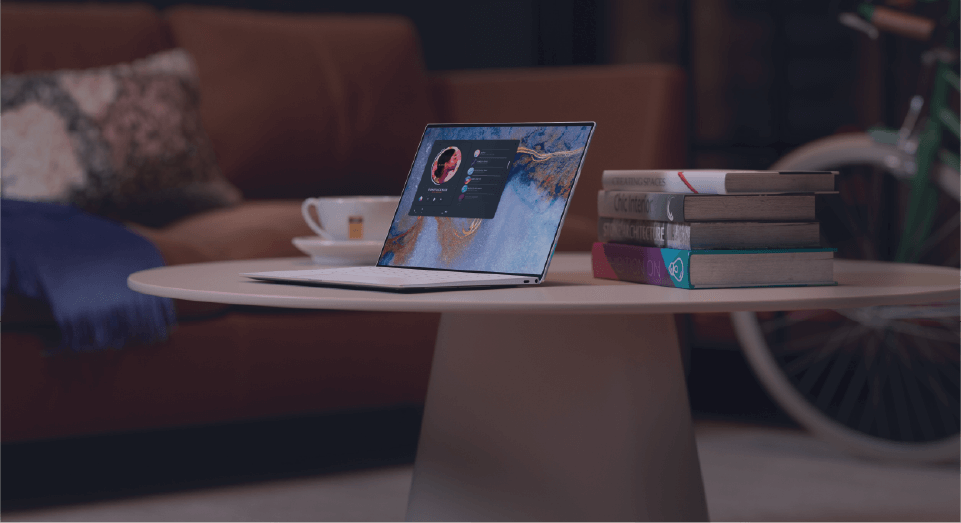In order to ensure the continuity of judicial proceedings, to provide an adequate service of theadministration of justice in times of COVID-19 and to respect the measures of social distancing,the Executive Council of the Judiciary by Administrative Resolution N°000173- 2020-CE-PJ,approved the “Temporary Protocol for Virtual Judicial Hearings during the Health EmergencyPeriod”.This protocol will serve as a guideline for the conduct of hearings to be held at the national levelin any matter or specialty, thus ensuring the continuity of the processes while the healthemergency period subsists and it is not possible to conduct hearings in person. This provisionreaches the parties and/or their attorneys, the public defense, prosecutors, public prosecutors,witnesses, experts and all types of people who must intervene in the virtual hearings.
The following are the established rules to be observed in virtual hearings:A). The court and the parties must have technological equipment such as a laptop or PC, Internet connection, a clear definition camera, a connected or integrated microphone anddownload the Google Meet application.- Exceptionally, with the prior authorization of the court and with the agreement of the parties, adifferent application may be used or by telephone; in any case, the device must allow therecording of the session and must not have information security problems.- It is forbidden to conduct hearings in moving vehicles, and the parties must take the necessarymeasures.B). The entrance of the participants will be through the web link sent in the resolution that setsthe hearing, which is notified electronically; if applicable, the attorneys of the parties will besummoned to a coordination or preparation conference prior to the virtual hearing.- The Judge and the attorney shall wear formal or semi-formal attire, as well as their respectivemedals.- Participants should enter the audience with the microphone off and only activate it whentheir participation is required, disabling it until the next intervention.C). The hearing will be conducted by the Judge or the President of the Chamber, and thedesignated jurisdictional assistant will act as moderator and will verify the attendance of theparties. Urgent hearings shall be prioritized according to the legal property in conflict.D). The hearing shall be recorded by the court; the parties and their counsel are not authorizedto record the hearing. However, the data shall be recorded in the minutes.E). The rules of conduct foreseen in the Code of Civil Procedure for face-to-face hearings shallapply, and sanctions may be applied in cases of simulation of disconnection, recklessness,procedural bad faith, etc.If during the virtual hearing there are technical or connectivity problems, and the party is unableto reconnect, the court shall communicate by telephone with the affected party so that it maycontinue through this means of communication; all means must be exhausted to prevent thesuspension or frustration of the hearing.
F). The rules of conduct foreseen in the Code of Civil Procedure for face-to-face hearings shallapply, and sanctions may be applied in cases of simulation of disconnection, recklessness,procedural bad faith, etc.G). The documents that must be evaluated at the hearing will be submitted through theElectronic Table of Parties – MPE; for their performance and evaluation by the Judge.H). In case the parties or attorneys do not participate in the hearing despite being validlynotified, it shall be understood that they have the appropriate technological resources availablefor the realization of the virtual hearing, assuming the corresponding responsibilities.Finally, it should be pointed out that this protocol will be in force for the duration of the healthemergency; however, face-to-face hearings may be held on an exceptional basis, provided that itis justified by the nature of the process and that the health of the participants is not endangered

Rules for virtual hearings in the emergency period

